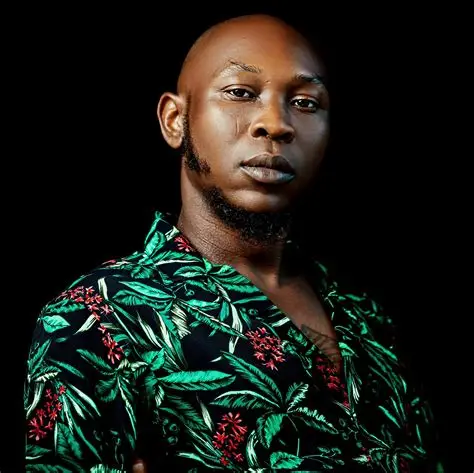Maverick Nigerian singer, Seun Kuti, has shared his perspective on the ongoing debate about Afrobeats, arguing that the global music phenomenon is more of a “title” than a distinct genre.
The Grammy-nominated musician, who is the son of Afrobeat pioneer Fela Anikulapo-Kuti, made the remarks in a recent interview with The Beat 99.9 FM in Lagos.
Known for his outspoken views on music and politics, Seun described Afrobeats as a general label used to identify African sounds, rather than a structured musical style.
“I think Afrobeats is more of a title than a genre,” he said. “You can see Amapiano is the new Afrobeats. It’s the new title, it’s the new thing in Afrobeats. So, Afrobeats is just a generalisation; it’s just a title to identify something from a particular place [Africa].”
Seun argued that, unlike established genres such as jazz, reggae, or hip-hop, Afrobeats does not follow a defined set of musical rules. Instead, he said, it serves as a convenient tag for packaging different African sounds for global consumption.
He pointed out that even the leading artists and executives who benefit from the movement do not treat it like a traditional genre. “Even the gatekeepers, the big names, don’t deal with it like a genre; they don’t work it like a genre,” he explained.
Read Also: ‘Why Afrobeats became global,’ Joeboy reveals
According to him, Afrobeats artists tend to be eclectic, experimenting with multiple sounds depending on trends. “They are [Afrobeats] artists that are eclectic in a way that they could do a dancehall track today, do a blues track tomorrow, do a Nigerian pop sound, jump on Amapiano, and whatever is trending. So, I think it’s actually a title,” he added.
Seun’s remarks come at a time when Afrobeats is at the peak of its global recognition. Nigerian stars such as Burna Boy, Wizkid, Davido, and Rema have taken the sound to international stages, earning Grammy wins, Billboard chart placements, and major collaborations with Western pop acts.
Yet the term “Afrobeats” has remained controversial. Some critics argue that it oversimplifies Africa’s diverse musical traditions, lumping multiple styles into one catch-all phrase. Others insist that the movement should be celebrated for placing African music firmly on the world map.
Seun Kuti, who has consistently defended his father’s legacy and the authenticity of Afrobeat, the singular genre pioneered by Fela, has often stressed the need to distinguish between the two.
While Afrobeat is rooted in jazz, funk, and highlife with strong political messages, Afrobeats is a loose umbrella that captures contemporary African pop sounds.
Read Also: ‘My family has done enough for Nigeria, I will not fight,’ says Made Kuti
Fans online have already begun reacting to his latest comments. Some agreed with his assessment, noting that Afrobeats’ flexibility has helped it dominate global charts. Others, however, felt his view dismissed the creative identity Nigerian artists have built under the label.
Still, Seun’s remarks have once again reignited conversations about what truly defines Afrobeats. For him, the music may continue to evolve, but one thing is certain: it is not a genre, it is a title.



